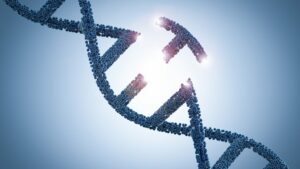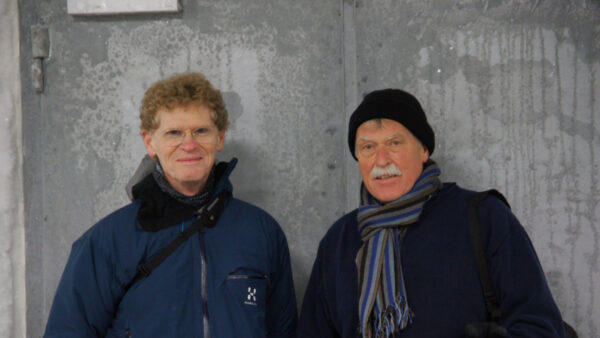The World Health Organization’s (WHO) cancer agency dismissed and edited findings from a draft of its review of the weedkiller glyphosate that were at odds with its final conclusion that the chemical probably causes cancer.
The original WHO report, issued in 2015 by the International Agency for Research on Cancer (IARC), a semiautonomous group within the WHO, concluded that glyphosate was a “Group 2a carcinogen, a substance that probably causes cancer in people,” according to Reuters. An investigation by Reuters finds that IARC redacted evidence to the contrary from their report.
The original report, as published, contradicts other analyses from groups around the world, according to Reuters. A subsequent analysis by a United Nations and WHO panel concluded that glyphosate from food was “unlikely” to pose a cancer risk to humans, for instance. The US Environmental Protection Agency and the European Food Safety Authority and the European Chemicals Agency have called glyphosate safe.
The conclusions of that 2015 report have had political consequences. Since its publication, Monsanto has faced litigation in the U.S. from people claiming that the pesticide caused their cancer. In the European Union (E.U.), a pending vote will determine whether to renew glyphosate’s license for sale in EU member states. If the vote is negative, glyphosate will be banned in the E.U. as of January 1, according to Reuters.
Reuters’s investigation suggests that those conclusions might have been different had the report been edited differently. “Reuters found 10 significant changes that were made between the draft chapter on animal studies and the published version of IARC’s glyphosate assessment,” according to the news report. “In each case, a negative conclusion about glyphosate leading to tumors was either deleted or replaced with a neutral or positive one. Reuters was unable to determine who made the changes.”
In two cases, for example, the report included a new statistical analysis that flipped the conclusion of a study from there being no significant link between glyphosate and cancer in mice to an association that was statistically significant, according to Reuters.












